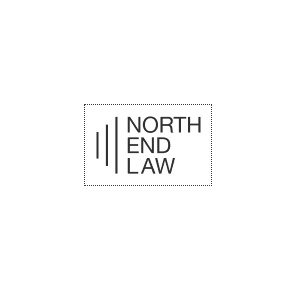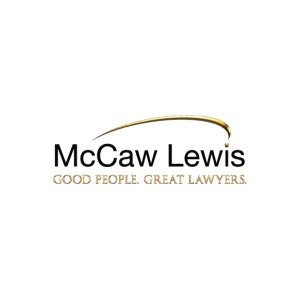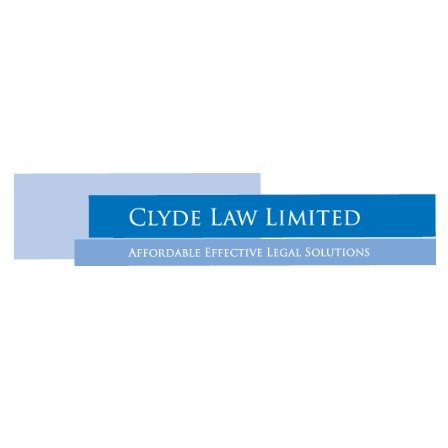Best Merger & Acquisition Lawyers in Hamilton
Share your needs with us, get contacted by law firms.
Free. Takes 2 min.
List of the best lawyers in Hamilton, New Zealand
About Merger & Acquisition Law in Hamilton, New Zealand
Merger & Acquisition (M&A) law in Hamilton, New Zealand involves a set of legal proceedings that govern the consolidation of two or more companies into a single entity. In a merger, separate firms combine strengths to create a new organization, while in an acquisition, one firm outrightly purchases another and becomes the new owner. The legal framework for M&A in Hamilton is primarily governed by the Companies Act 1993 and the Takeovers Code 2000, and these procedures can be complex, requiring expert legal assistance.
Why You May Need a Lawyer
Legal assistance with M&A deals could be essential for a variety of reasons. For instance, negotiating the terms of the merger or acquisition, structuring the deal, performing due diligence, and preparing legal documentation would require the support of an experienced lawyer. In particular, understanding the implications of local laws, ensuring compliance, and minimizing the risk of future legal challenges are other important areas where a lawyer could add significant value.
Local Laws Overview
Local laws relevant to M&A in Hamilton include regulations about competition, employment, intellectual property, securities, and taxation. This includes the Commerce Act 1986 which governs competition laws to prevent practices that may reduce competition in the market, and the Employment Relations Act 2000 which consolidates the employment rights of employees during mergers and acquisitions. Also, the Financial Markets Conduct Act 2013 regulates the conduct of financial services to promote confidence and participation in New Zealand's financial markets.
Frequently Asked Questions
1. Do I always need a lawyer for a merger or acquisition?
In New Zealand, due to the complex nature of M&A transactions, it's advisable to hire a lawyer. Effective legal advice can minimize risks, streamline the process, and prevent costly errors.
2. How do local competition laws affect M&A after a deal?
Under the Commerce Act 1986, the resulting entity from a merger or acquisition must not result in a substantial lessening of competition within any market.
3. What are some common types of disputes that arise in M&A?
Some common disputes revolve around breach of contract, disagreements over the sale price, discrepancies found during due diligence, and warranty claims after the completion of the transaction.
4. Can foreign companies merge with or acquire local firms?
Foreign companies can merge with or acquire local firms in Hamilton, but need to comply with the Overseas Investment Act 2005. The act may require consent from the Overseas Investment Office.
5. How does the local law protect employees during a merger or acquisition?
The Employment Relations Act 2000 ensures that employees' rights are preserved during a merger or acquisition. Issues such as continuation of employment, protection of existing terms and conditions, and redundancy rights are addressed within this law.
Additional Resources
The Technical Guide for Mergers and Acquisitions in New Zealand, published by the Overseas Investment Office, and guides and regulations provided by the Financial Markets Authority of New Zealand, provide comprehensive information on M&As. The Companies Office of New Zealand also has tools and resources to help you understand the process.
Next Steps
If you find that you need legal help with a merger or acquisition in Hamilton, the first step would be to contact a local lawyer specializing in M&A. It's important to choose a lawyer with a firm understanding of local laws, the M&A process, and the specific circumstances of your case. In addition to this, gather as much relevant information as possible regarding the transaction for your initial consultation with your lawyer.
Lawzana helps you find the best lawyers and law firms in Hamilton through a curated and pre-screened list of qualified legal professionals. Our platform offers rankings and detailed profiles of attorneys and law firms, allowing you to compare based on practice areas, including Merger & Acquisition, experience, and client feedback.
Each profile includes a description of the firm's areas of practice, client reviews, team members and partners, year of establishment, spoken languages, office locations, contact information, social media presence, and any published articles or resources. Most firms on our platform speak English and are experienced in both local and international legal matters.
Get a quote from top-rated law firms in Hamilton, New Zealand — quickly, securely, and without unnecessary hassle.
Disclaimer:
The information provided on this page is for general informational purposes only and does not constitute legal advice. While we strive to ensure the accuracy and relevance of the content, legal information may change over time, and interpretations of the law can vary. You should always consult with a qualified legal professional for advice specific to your situation.
We disclaim all liability for actions taken or not taken based on the content of this page. If you believe any information is incorrect or outdated, please contact us, and we will review and update it where appropriate.

















